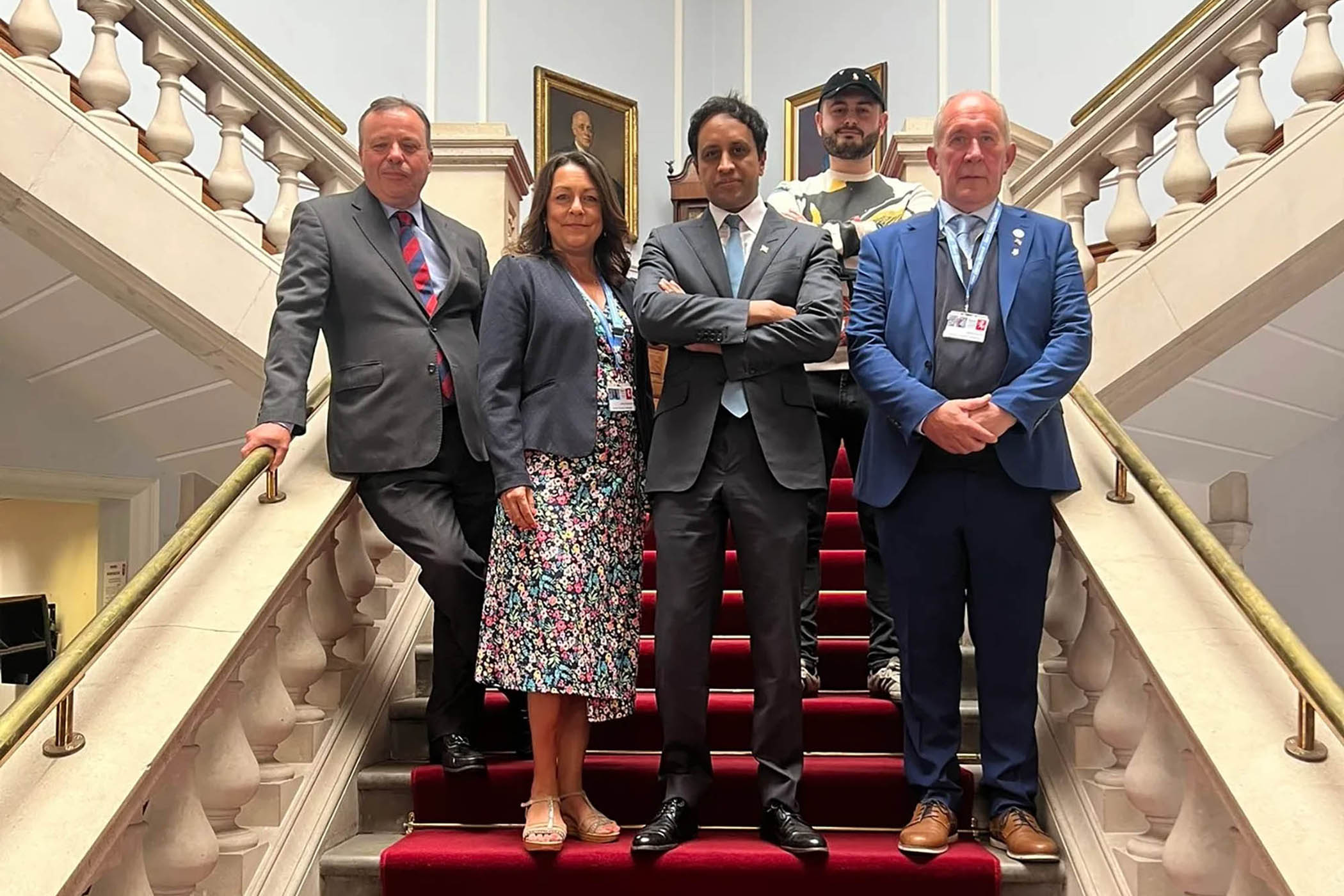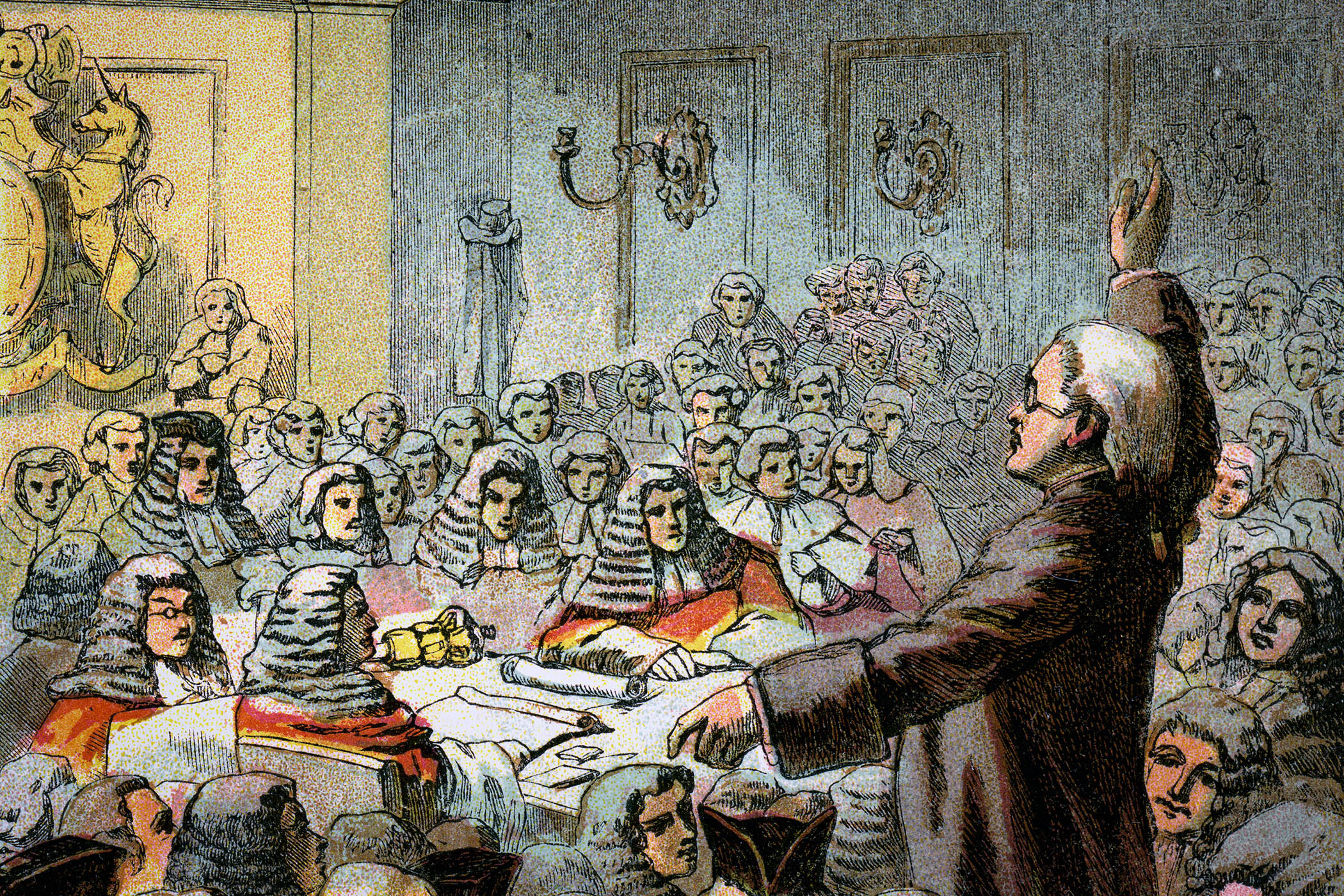In June this year, a triumphant Nigel Farage visited Lancashire council after the local elections and announced Reform UK’s new cost-cutting unit would be hitting the ground in days to find millions of pounds in savings.
“Can we make a difference?” he asked. “Can we give council-tax payers better value for money? Yes. How big a chunk or percentage that will be – I don’t know the answer to that.”
Despite the political fanfare, Reform’s Doge unit – styled after Elon Musk’s US “department of government efficiency” – never arrived in Lancashire. To date, Doge has reportedly visited just three Reform councils – Kent, Worcestershire and West Northamptonshire – and has failed to scrutinise any internal finances at any council because of legal barriers.
An analysis by The Observer of financial documents from the 12 local authorities now run by Reform reveals the scale of the challenge faced by the unit, with a budget shortfall of £300m across the councils in 2026-27.
Most Reform-run councils have already indicated they will need to raise council taxes, as well as implement significant cuts to balance budgets next year. Reform-run Worcestershire council is now seeking residents’ views on council tax rises next year of up to 10%.
Sources from other councils told The Observer that they expected Reform would have to take similar measures around the country.
Last Wednesday, Zia Yusuf was replaced as head of the Doge unit by Richard Tice, the party’s deputy leader. Tice has described Doge as a “philosophy” of saving money. Critics, however, say it is “fantasy” politics.
“It has all unravelled – they haven’t identified any waste,” said one councillor.
Related articles:
“Reform’s promised Doge has not materialised,” said Daniel Lister, leader of the opposition and Conservative group at West Northamptonshire council. “For all the spin during the election, the reality is that Reform has no new ideas, no new ways of saving money and no understanding of how to run a council.”
The Doge unit requested access to the council’s internal finances over the summer, but no agreement has been reached. Council officials say they are legally prohibited from providing internal financial documents to Reform or any political party that may then be used for campaigns.
Newsletters
Choose the newsletters you want to receive
View more
For information about how The Observer protects your data, read our Privacy Policy
Some Reform councillors have set up their own cost-cutting units based on Doge principles, which the party says have helped identify tens of millions of pounds of waste. These units do not face the same barriers as Doge as they do not require external parties to get access to internal data.
At Kent county council, the budget shortfall for 2026-27 is £50m, even with a 5% increase in council tax. The pressure over balancing the budget was exposed in an online meeting leaked to the Guardian in which the council’s leader, Linden Kemkaran, told fellow councillors to “fucking suck it up” if they did not agree with decisions.
In June, a Doge team comprising Yusuf, tech entrepreneur Nathaniel Fried – then the head of Doge – and longtime Farage supporter Arron Banks arrived at Kent county hall without warning, demanding all the data held by the council. Yusuf posted a letter on X threatening staff with gross misconduct if they did not comply. Once again, the Doge team was told that it was not legally entitled to receive the data.
“It would be misconduct for staff to give out data that is protected,” said Antony Hook, the leader of the Liberal Democrats in Kent. “Making threats from day one is a poor style of leadership.”
The team never returned. But Doge still had an impact. “Frontline staff have suffered abuse because of false claims in Reform propaganda,” said Hook. “They are all about clickbait and media splashes with no follow-up.”
‘They are all about clickbait and media splashes – with no follow-up’
‘They are all about clickbait and media splashes – with no follow-up’
Antony Hook, Kent Lib Dems
At Worcestershire council, the budget shortfall for 2026-27 is £66m, even with a 5% council tax rise, while at West Northamptonshire council the shortfall is about £50m and at Leicestershire council about £42m.
Reform councillors have found that some of the biggest strains on their budgets are increased demand for services it is legally required to provide, such as adult social care, children’s services and provision for children with special educational needs.
Dan Harrison, the Reform leader of Leicestershire county council, last month wrote to Rachel Reeves, saying it was “mission impossible” to stem some of the rising costs.Stephen Atkinson, leader of Lancashire council and chair of the Reform group at the Local Government Association, said: “After decades of Conservative, Labour and Lib Dem mismanagement, Reform has made huge strides in local government in just six months. We’ve slashed £100m of waste in our first 100 days – and far more since.
“In Lancashire, we’ve just frozen councillor allowances for the first time in 15 years, and in Derbyshire, we’ve almost cleared the Tory pothole backlog from 26,000 to just 3,000.
“Within the next few weeks, Reform UK councils will be working on their first budgets, delivering many more millions of savings.”
Mark Arnull, the Reform leader of West Northamptonshire council, said cabinet members were consulting with senior officers “to identify what efficiencies we can achieve easily without making drastic changes to essential services”.
Kent council said work on local government efficiency was being led by the internal “department of local government efficiency”, or Doge.




